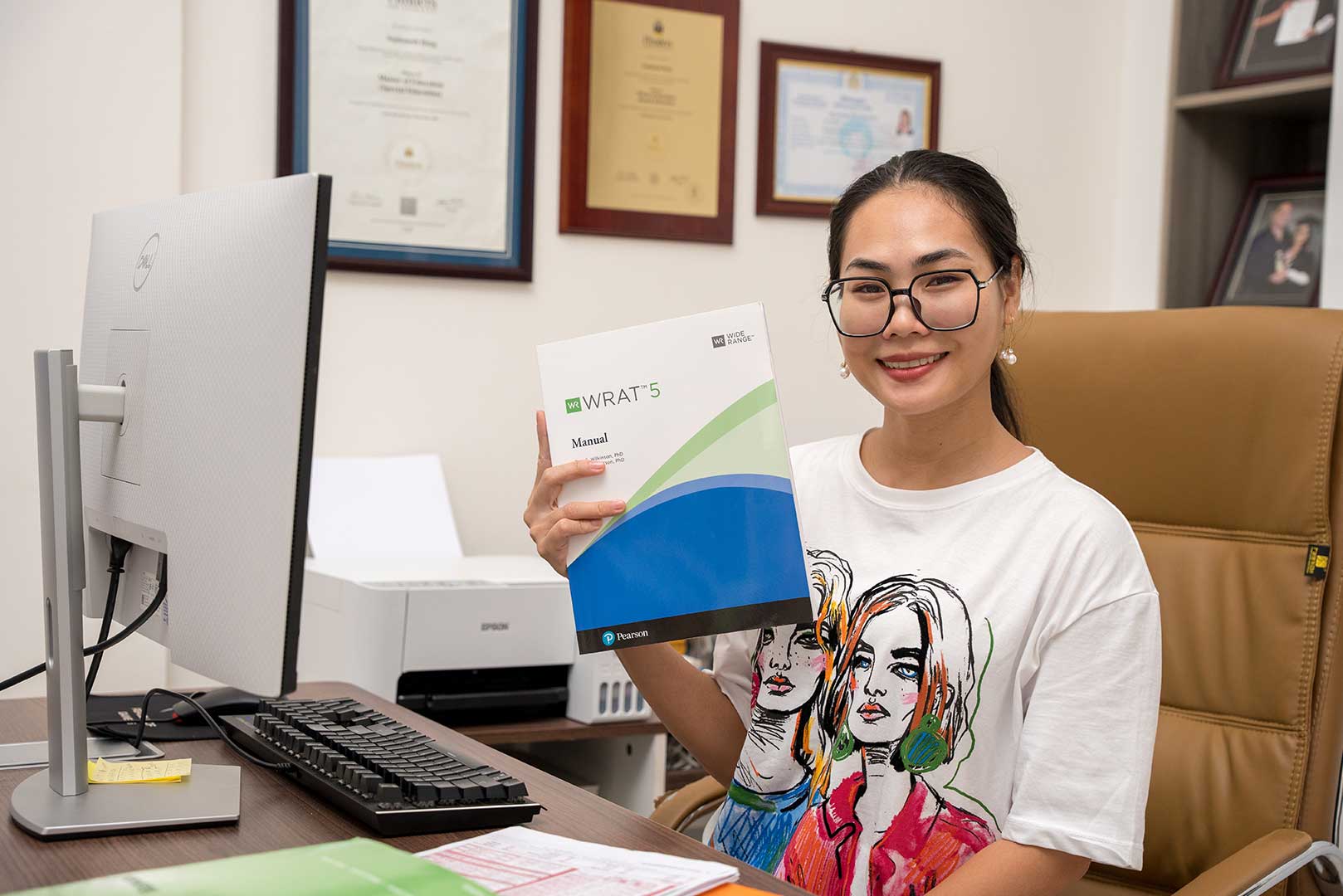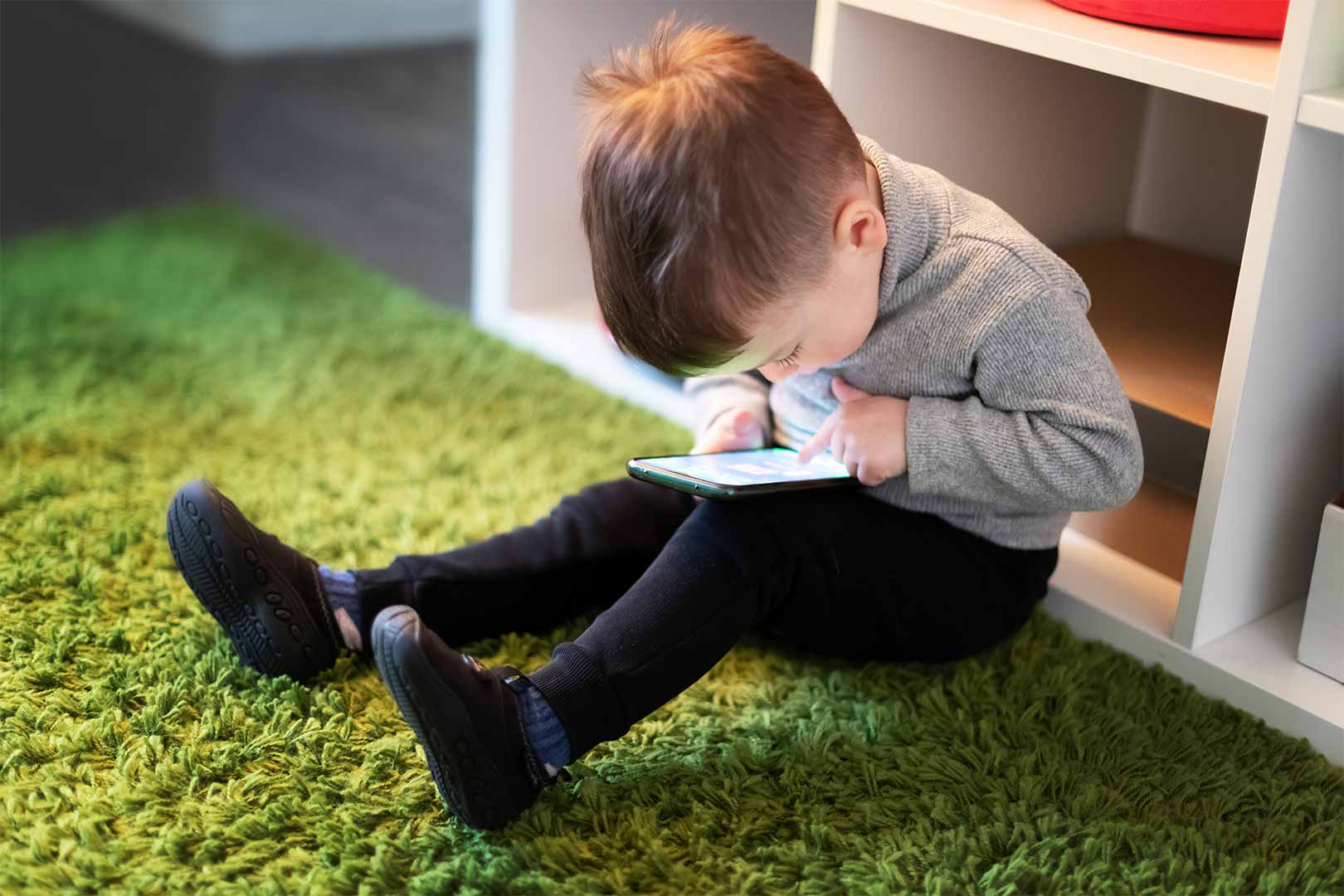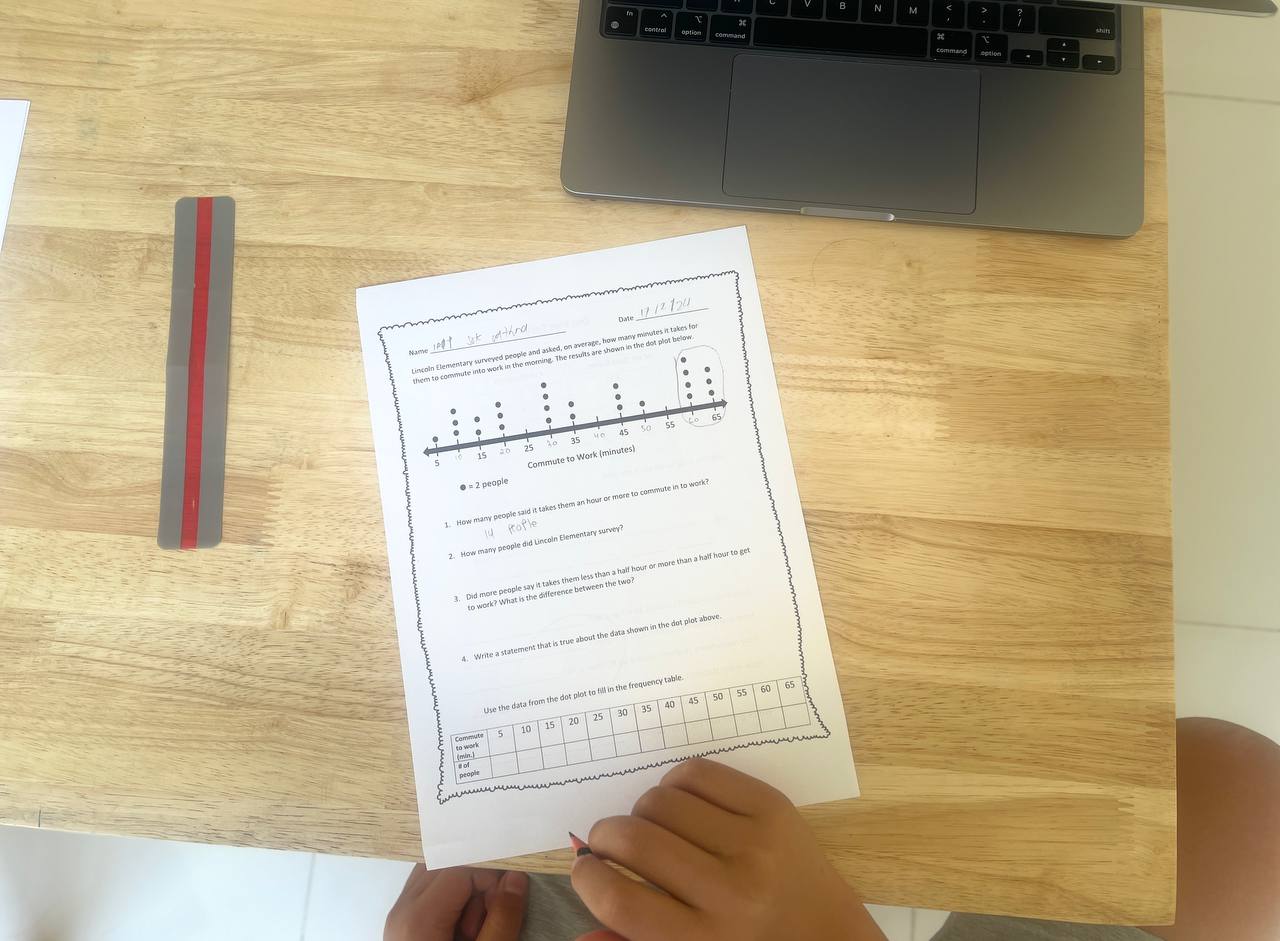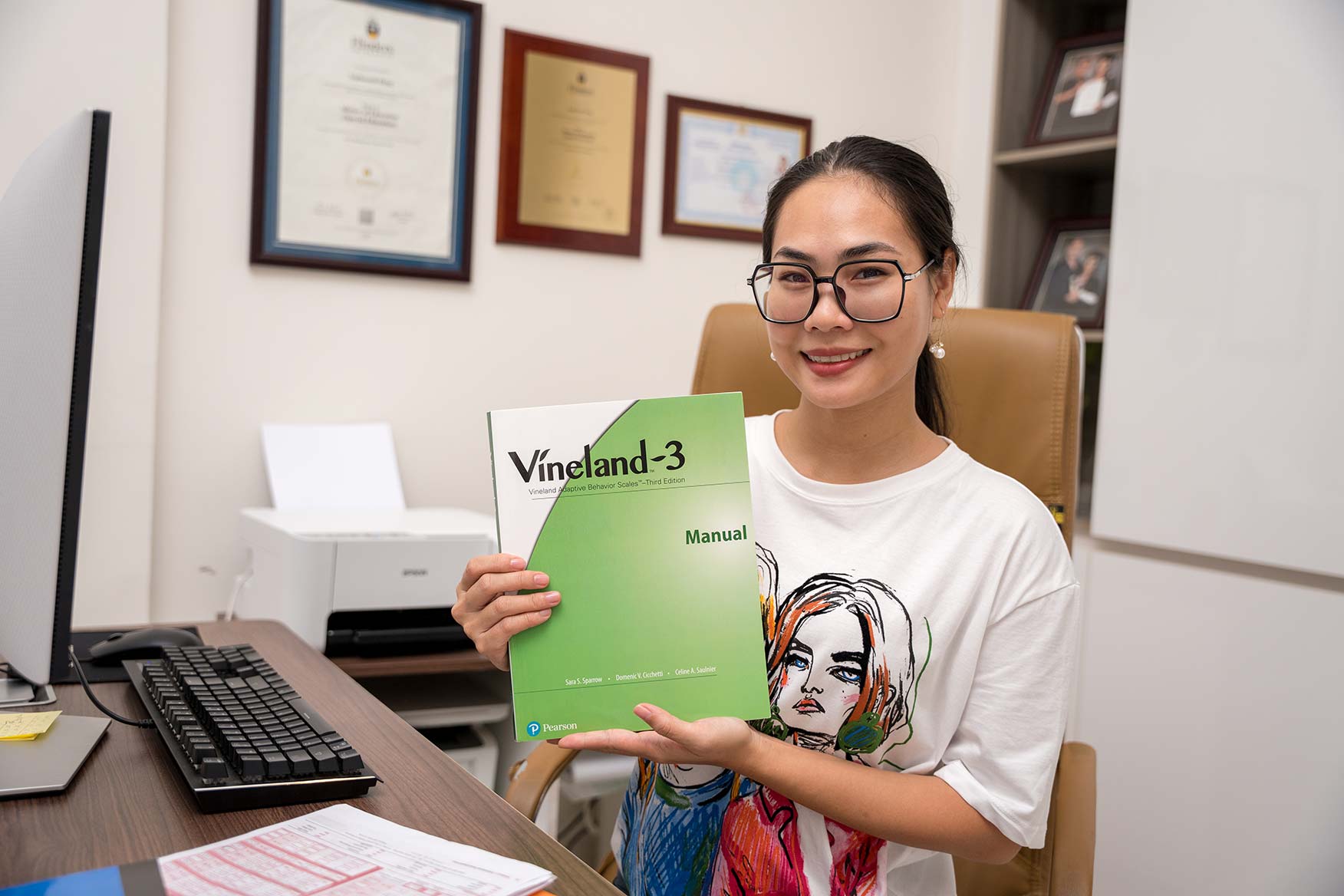Developmental assessment is a process of evaluating a child’s growth and development in different areas, such as physical, cognitive, social, and emotional skills. It is important to identify any developmental delays or disabilities early so that children can receive the necessary support and intervention.
What is Developmental Assessment?
Developmental assessment is typically conducted by a pediatrician or other healthcare professional, such as a developmental psychologist or speech-language pathologist. The assessment may involve a variety of methods, such as:
- Observation: The healthcare professional will observe the child during a play session or other activities.
- Parent questionnaire: The healthcare professional will ask the parents about the child’s development, including their milestones, behaviors, and concerns.
- Standardized tests: The healthcare professional may administer standardized tests to assess the child’s skills in specific areas, such as language, cognitive development, and fine motor skills.
Why is Developmental Assessment Important?
Developmental assessment is important for several reasons:
- To identify developmental delays and disabilities early: Early identification of developmental delays and disabilities is essential for early intervention. Early intervention services can help children reach their full potential and avoid secondary problems, such as academic difficulties and behavioral problems.
- To monitor a child’s development over time: Developmental assessment can be used to track a child’s development over time and identify any areas of concern. This information can be used to develop individualized intervention plans and to ensure that the child is making progress.
- To provide information to parents and caregivers: Developmental assessment can provide parents and caregivers with information about their child’s development and how to best support their child’s learning and growth.
When Should a Child Be Developmentally Assessed?
All children should be developmentally assessed at least once during their early childhood years. Children who are at risk for developmental delays or disabilities may need to be assessed more frequently.
Children who are at risk for developmental delays or disabilities include those who:
- Have a family history of developmental delays or disabilities
- Were born prematurely or with a low birth weight
- Experienced birth complications
- Have medical conditions, such as cerebral palsy or Down syndrome
- Have significant delays in reaching developmental milestones
How to Prepare for a Developmental Assessment
There are a few things you can do to prepare for your child’s developmental assessment:
- Gather information about your child’s development: This includes information about their milestones, behaviors, and any concerns you have.
- Write down your questions for the healthcare professional: This will help you make the most of the assessment and get the information you need.
- Bring a comfort item for your child: This could be a favorite toy or blanket.
- Be prepared to answer questions about your child’s development and medical history.
What Happens After a Developmental Assessment?
After the developmental assessment, the healthcare professional will discuss the results with you and make recommendations for follow-up care. If the assessment reveals any developmental delays or disabilities, the healthcare professional may refer your child to early intervention services or other support programs.
Developmental assessment is an important part of early childhood care. By identifying developmental delays and disabilities early, children can receive the necessary support and intervention to reach their full potential. If you have any concerns about your child’s development, talk to your pediatrician or other healthcare professional.
Find out if your child needs extra support today!
- My child screams hysterically
- My child is mean to other children
- My child is always worried
- My child is scared to go to school
- My child is scared of loud noises
- My child doesn’t know how to read
- My child is scared to play outside
- My child does not respond to his name
- My child always gets in trouble
- My child fights with other children
- My child doesn’t know how to count
If you are concerned about your child’s development, contact us for Assessments: Phone/Telegram: 077.455.993 – Telegram Link: https://t.me/OrbRom
If you are concerned about your child’s development, contact us for Assessments.
Phone/Telegram: 077.455.993 Link: https://t.me/OrbRom






Leave A Comment